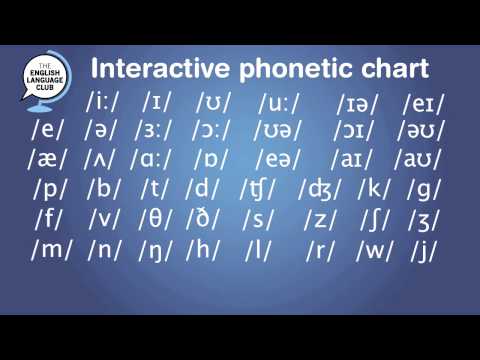Phonetics
| الموقع: | Plateforme pédagogique de l'Université Sétif2 |
| المقرر: | phonetics |
| كتاب: | Phonetics |
| طبع بواسطة: | مستخدم ضيف |
| التاريخ: | الأحد، 2 نوفمبر 2025، 7:11 AM |
الوصف

1. Definition of Phonetics
Phonetics is the systematic study of speech and the sounds of language. Traditionally phoneticians rely on careful listening and observation in order to describe speech sounds. Thus, phonetics is all about studying the sounds we make when we talk. There are three main branches of this discipline
2. The Three Branches of Phonetics
2-1-Articulatory Phonetics
Articulatory phonetics is interested in the movement of various parts of the vocal tract during speech.The vocal tract is the passages above the larynx where air passes in the production of speech. In simpler terms which bit of the mouth moves when we make a sound
2-2-Accoustic Phonetics
This is the study of the sound waves made by the human vocal organs for communication and how the sounds are transmitted. The sound travels through from the speaker's mouth through the air to the hearer's ear, through the form of vibrations in the air. Phoneticians can use equipment like Oscillographs and Spectographs in order to analyse things like the frequency and duration of the sound waves produced. Acoustic phonetics also looks at how articulatory and auditory phonetics link to the acoustic properties
2-3-Auditory Phonetics
This is how we perceive and hear sounds and how the ear, brain and auditory nerve perceives the sounds. This branch deals with the physiological processes involved in the reception of speech.
3. The Need to Study Phonetics

Speaking and listening to speech comes so naturally. Have you ever consciously thought about what processes are involved in this? This is exactly what Phonetics aims to do. It aims to give a "systematic, conscious consideration of how speech sounds are made, what they sound like, and how they compare with each other.
There are many reasons for why we have to study phonetics among them we can mention:
1-To have the capacity to detect the right meaning of the words through the correct pronunciation.
2--To be able to understand the speech of other speakers and to be understood as well.
3-To improve our English pronunciation through producing an accurate set of English words. This can be done through the use the IPA Symbols (International Phonetic Alphabet).
Phonetics is the branch of linguistics that examines sounds in a language. Phonetics describes these sounds using the symbols of the International Phonetic Alphabet (IPA).
The IPA uses a single symbol to describe each sound in a language. If a letter in a word is silent, there will be no IPA symbol used in the transcriptions.
The IPA can be helpful for studying a language, especially languages that use letters that are silent or have multiple pronunciations. Languages like Arabic and Spanish are consistent in their spelling and pronunciation – each letter represents a single sound which rarely varies. English is different. It has many letters with two or more sounds and many letters that are silent.Vowel Sounds
æ as in cab e as in pet ɪ as in kit
ɒ as in dog ʊ as in dug ʌ as in putt (like a southerner saying strut)
ɪə as in fear eə as in pear ɔɪ as in toy
aɪ as in buy əʊ as in float eɪ as in hey
aʊ as in cow uː as in room iː as in leek
ɜː as in third aː as in arm ɔː as in pour
ə as in about
Consonant sounds
b: as in bad k: as in cat d: as in dog f as in frog g as in gas h as in help
l as in leap m as in man n as in no p as in pat r as in rat s as in sat
t as in tap v as in veil z as in zoo j as in yellow w as in wash ʒ as in leisure
dʒ as in large tʃ as in child ʃ as in ship θ as in thing ð as in the ŋ as in flyingʔ is a glottal stop.